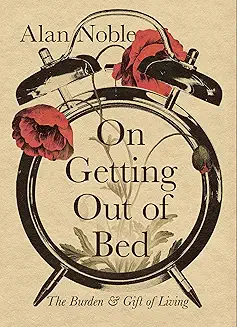Reformation Commentary on Scripture: New Testament --John 13-21
Edited by Christopher Boyd Brown
IVP Academic
ISBN 978-0-8308-2968-2
This book is part of a larger study called the Reformation Commentary on Scripture. In each of these studies, the editors attempt to go back to the original source material of the Reformation, and then put different Reformation ministers and theologians side by side in their take on a specific passage of Scripture.
The Reformation Commentary on Scripture has four goals:
- Renewing contemporary Biblical interpretation by bringing to light Reformation era interpretation
- Strengthening contemporary preaching through exposure to biblical insights of Reformation writers
- Deepening understanding of the Reformation and the breadth of perspectives represented within it
- Advancing Christian scholarship in the fields of historical, biblical, theological, and pastoral studies (xvi-xix)
This particular commentary is on the second half of the book of John. This part of the gospel focuses in on the last few days of Jesus' life, as well as details about his resurrection appearances. The author quotes Luther as admiring the Gospel of John as the "one, fine, true, and chief Gospel" (xli).
Reformers quoted in this book include Lutheran, Reformed, Anabaptist, and Roman Catholic commenters. Most of the Anabaptist commenters did not write commentaries, but they left behind extensive teaching and preaching materials (xlvii). The author identifies key topics as Christology and the Lord's Supper (even though the Lord's Supper is not mentioned in these Scriptural texts), The Trinity, Knowing Christ, Election and Free Will, Pilate and Christ's kingdom, as well as the Spirit and the church (xlvii-li).
Each section of Scripture, before sharing the commentaries of the Reformers, gives an overview by the editor, Christopher Boyd Brown. Most of these overviews are that, overviewing information, although some of the overviews come close to Brown sharing a little bit of his own commentary. Nothing wrong with that, but as a reader, I think it is helpful to know.
Parts I thought were interesting:
- The Reformers discussion on the love of Christ in its exposition on the foot washing narrative. John always pushes people to understand and talk about love.
- The commenters wrestling through "the greater things" text, which is often highly debated
- The theology of the Holy Spirit among the Reformers, especially in light of how we deal with the work of the Holy Spirit in contemporary times.
- The empathy that the commenters have for Peter in his failure, even though they often did not have as much patience toward Christian religious groups that differed from them.
- The Anabaptist emphasis on the difference between Pilate's kingdom and God's kingdom, and the strong commitment not to get the kingdom of God interlinked in identity or function with God's kingdom.













